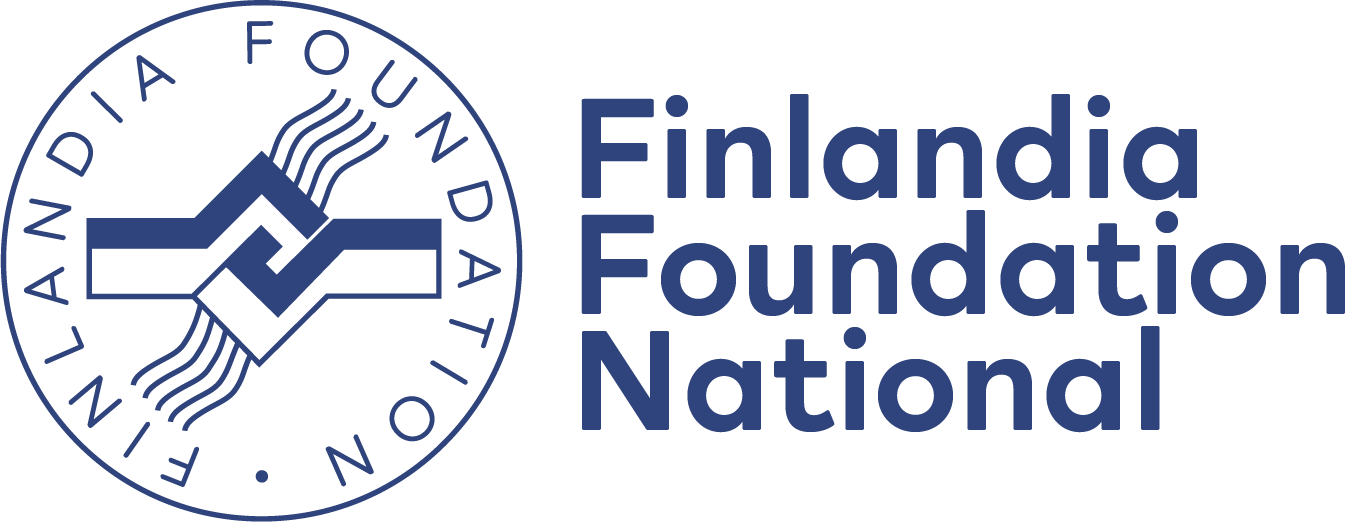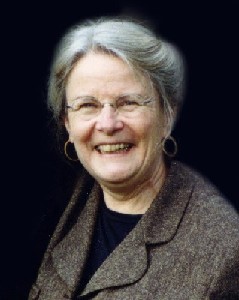”Traditional Material Culture in Modern Finnish America”
Lecturer of the Year 2013
After living and researching traditional cultures in Bosnia, Austria and the United States she turned her attention to her own Finnish-American heritage.
Born and raised in the densely, Finnish-populated Upper Peninsula of Michigan, she went to high school and college in California. When she returned to Michigan and began research in Finnish-America, everything was both familiar and new; it was as though she was both an outsider looking in and an insider recalling a life to which she now returned.
Over the last three decades she has researched and written on various aspects of Finnish-America, including sauna, St. Urho, coffee traditions and food ways.
Her book Finnish American Rag Rugs: Art, Tradition and Ethnic Continuity (Michigan State University Press, 2010) is the result of 20 years of research, interviews with weavers and loom makers, and writing. Currently, she is comparing traditional material culture in Finnish-America and in Finland.
From 1981-2009 Lockwood was curator of folk life at the Michigan State University Museum, which provided a format to investigate different cultures in Michigan and the Great Lakes region, and to direct programs and exhibitions that included Finnish-Americans. She frequently returns to Finland to learn more about the country’s traditional crafts and to study the Finnish language.
In her 2013 Lecturer of the Year program “Traditional Material Culture in Modern Finnish America,” Lockwood addressed the history and culture of “tangible things crafted, shaped, altered and used across time.” She described how, in the late 19th century when Finnish immigrants came to North America, they shared their skills in weaving, knitting, spinning, foods, woodworking, construction and more.
Her presentation, at FFN chapters across the U.S., looked at the way these traditions survive in Finnish-America today, and what present generations can learn from them. She also explored how and why some material culture traditions survived and others were lost.
Jon L. Saari, LOY Coordinator

